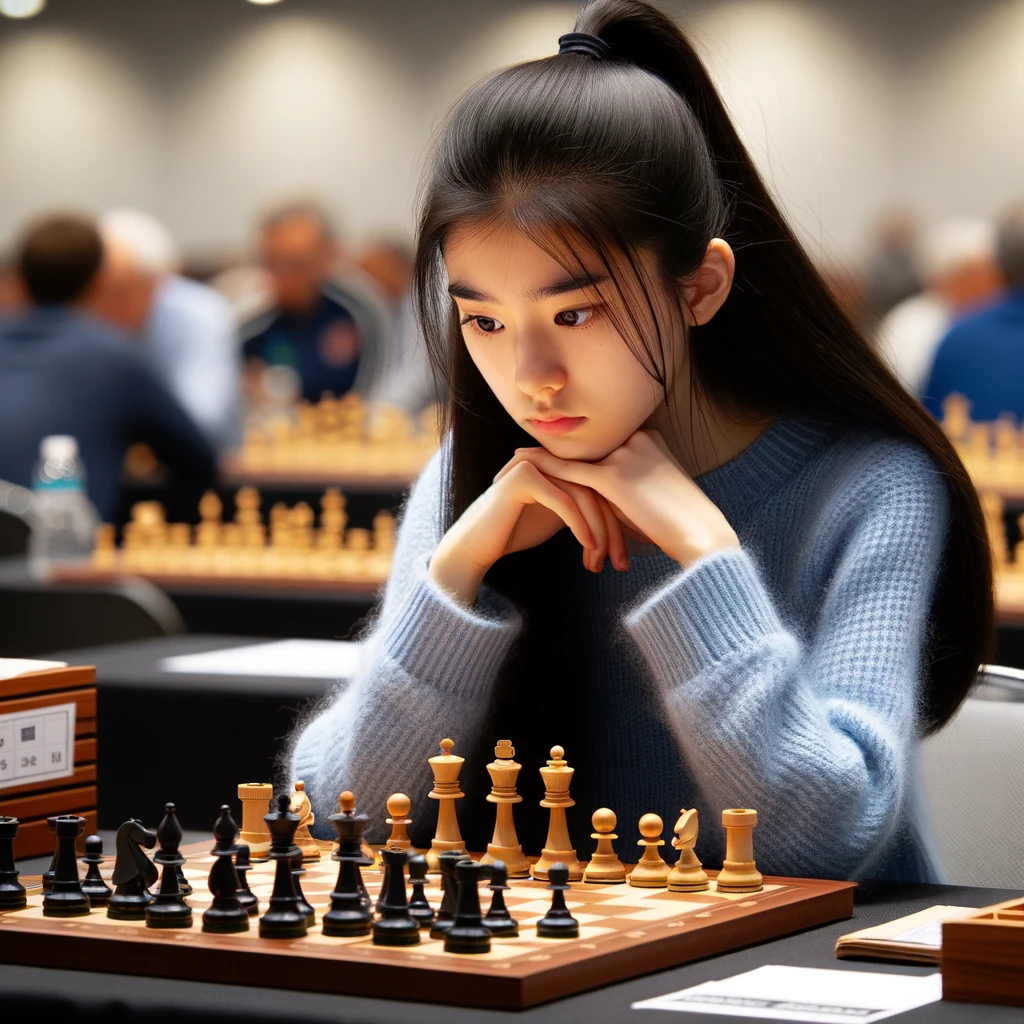
How To Get In The Zone
A Step-By-Step Process To Getting In A 'Flow' State During Our Chess Games
Introduction
In this post, I will describe how to get in 'the zone' or 'flow' during our chess games.
'The Zone' refers to a state of complete focus and concentration, where one is fully absorbed in one's work.
After being in the zone, players often refer to a state of 'losing track of time', 'noticing subtle details they'd normally miss' or having a 'feeling about something' that proved correct, without being able to explain why they felt that.
Now let's identify the key habits for reliably getting in the zone (yes, it's a state we can control and achieve on demand, with practice):
Identify Your A-Game
Recognize what your A-game looks like, including your thoughts, feelings, and behaviours when you're at your best. Clarifying your peak performance is essential to achieving it consistently.
Prepare Mentally
Before you start a session, you can just engage in a mental warm-up routine. This could include reviewing strategic concepts, visualising successful play, or meditating. The goal is to clear your mind of distractions and sharpen your focus so you can step into the game with clarity and readiness.
Set Process Goals
Instead of focusing solely on outcomes like winning or making money, set process-oriented goals for each session. These could include staying patient, reading opponents effectively, or making strategic adjustments. By focusing on the process, you can maintain a high level of play and experience a sense of achievement and satisfaction, keeping you motivated and engaged.
Manage Emotions
Develop strategies to deal with tilt, anxiety, and other negative emotions that can take you out of the zone. Recognise triggers and implement techniques to stay calm and focused under pressure.
Continuous Learning
Stay engaged with the game through study and analysis, even when not playing. This helps keep your skills sharp and your mind attuned to its complexities.
Use Performance Metrics
Track your performance in different mental states. Assess how well you play in various emotional conditions and their impact on your results. This can help you identify patterns and make adjustments.
Stay Physically Healthy
Physical health impacts mental performance. Regular exercise, adequate sleep, and proper nutrition can enhance your ability to stay focused and think clearly during long sessions.
Reflection and Adjustment
After sessions, reflect on your mental performance. Consider what worked, what didn’t, and how you can improve your ability to enter and stay in the zone. Make necessary adjustments to your preparation, mindset, and strategies.
How Energy Affects Our Ability To Get In The Zone
On a more primitive level, we can observe that the energy level required to get 'in the zone' will vary from person to person along the continuum of being relaxed to excited. Only personal experience and observation can determine what that ideal 'energy level' is for you.
The Relationship Between Challenge And Skill
We can also see how the perceived challenge level and our skills to meet that challenge affect our ability to enter the zone. If something seems too easy, we are likely to disengage and not enter the zone, but if we lack the skills to meet the challenge, we could instead become overwhelmed.
Once again, the key is finding that balance - raising our game to meet the new challenge or making a familiar situation more engaging by setting new challenges ourselves.
Conclusion
To summarise, the key aspects to consider for getting into the zone are:
- Our desired energy level;
- The perceived challenge of our activity;
- Our skill level to meet that challenge.
While the entire process for systematically getting into flow looks like this:
1. Identifying Your A-Game
2. Preparing Mentally
3. Setting Process Goals
4. Managing Emotions
5. Continuously Learning
6. Using Performance Metrics
7. Staying Physically Healthy
8. Making Time After Sessions For Reflection & Adjustment
Credit for this framework goes to Jared Tendler's book 'The Mental Game Of Poker 2', which dives much deeper into the topic of getting into the zone. Given that chess and poker are both mind sports, it's natural that there's a lot of overlap between the 'mental game' aspect of both disciplines.
Let us know: What does it feel like when you are in the zone?